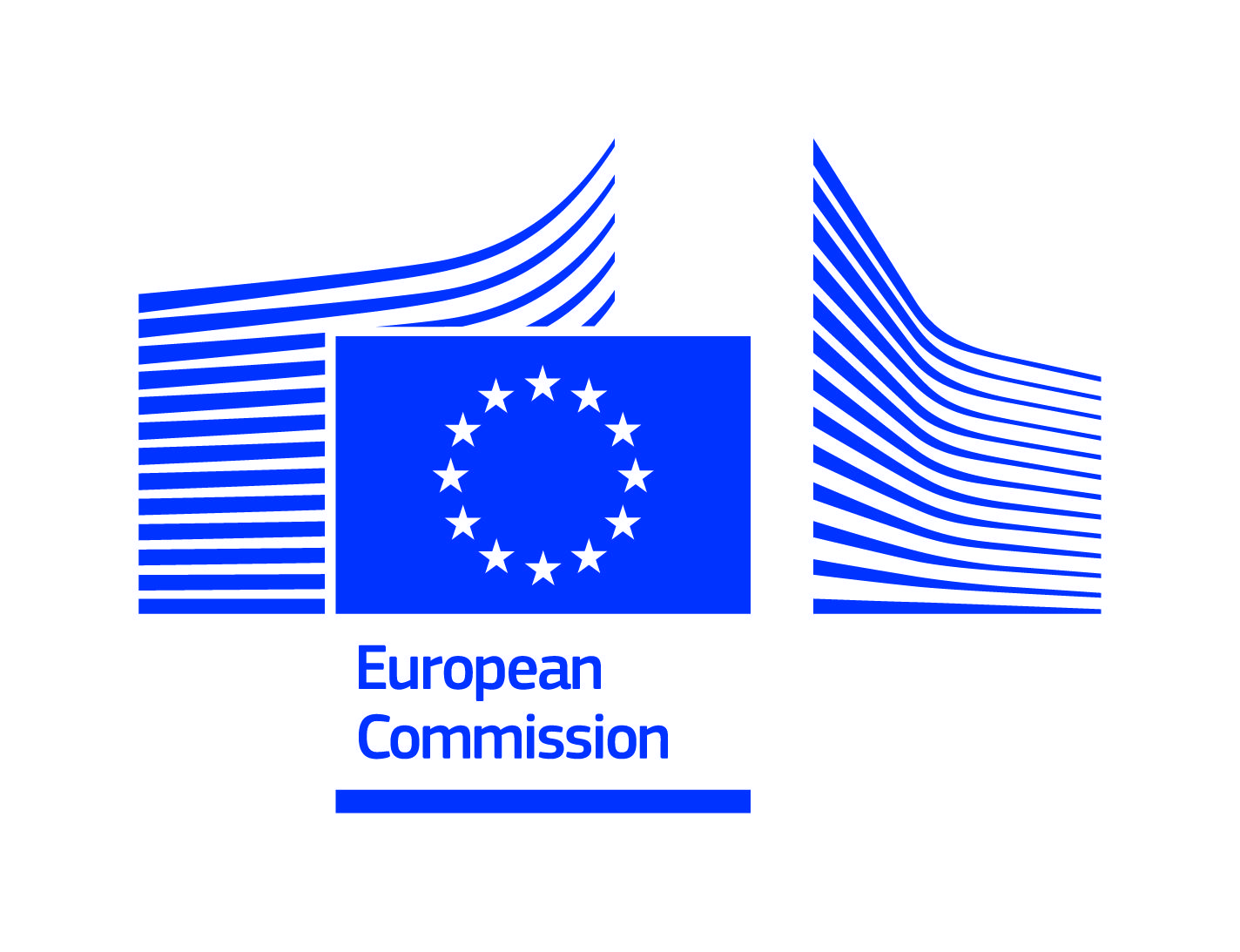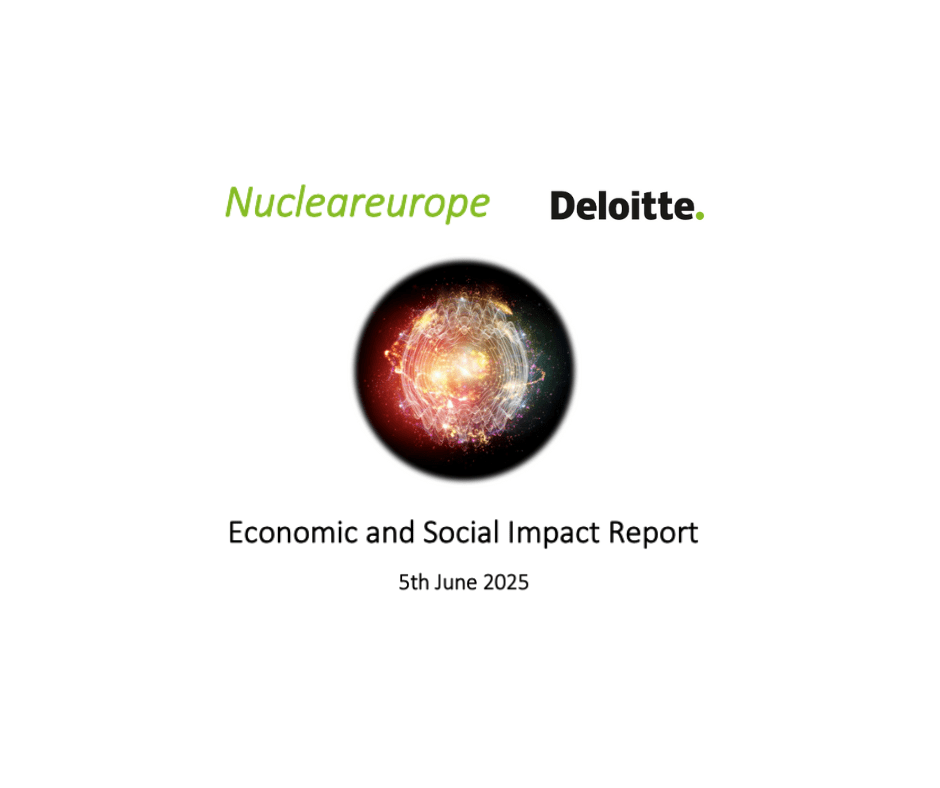WNA – Press release
Agneta Rising, World Nuclear Association Director General, will be speaking on 6 December at a COP24 side-event organised by the Nuclear Innovation: Clean Energy Future initiative, which was established in 2018 at the ninth Clean Energy Ministerial meeting. Ms Rising will be presenting the case that achieving the nuclear industry’s Harmony goal of supplying 25% of the world’s electricity from nuclear energy by 2050 as part of a decarbonized generation mix is a vital element of a credible response to climate change. To achieve this will require the construction of 1000 GWe of new nuclear capacity to work together with other low-carbon technologies. The future decarbonization of the electricity sector is central to tackling climate change: global electricity production accounts for 40% of total emissions and coal and gas still dominate generation, producing 63% of the world’s electricity. Nuclear power is a low-carbon source of energy. The median lifecycle emissions from nuclear are 12g/kWh, similar to wind energy. Thanks to nuclear displacing fossil fuels, more than 60 gigatonnes of CO2 emissions have been avoided globally since 1970. Decarbonizing the electricity sector is a considerable challenge. Despite massive investments, renewable energies alone will not be enough to achieve the decarbonization required. A recent study by the Massachusetts Institute of Technology shows that the cost of decarbonizing electricity is much lower when the mix includes substantial amounts of nuclear together with renewables. Abundant low-carbon electricity will not only be needed for today’s uses of electricity. Greater use of clean electricity is the preferred tool for achieving deep decarbonization in other sectors, such as transport. There have been significant developments in 2018 that have highlighted the importance of nuclear energy as a major contributor to climate change mitigation. The Intergovernmental Panel on Climate Change’s latest report, detailing what would be needed to limit global warming to 1.5oC above pre-industrial levels, notes that the ‘scalability and speed of scaling of nuclear plants have been high in many nations’ – highlighting the case of France, which successfully decarbonised much of its electricity mix in under 20 years by establishing a generation mix predominantly supplied by nuclear power. Global nuclear generation exceeded 2500 TWh for the first time in five years in 2017, with nuclear supplying 10.5% of the world’s electricity needs. Nine nuclear reactors with a total capacity of 10.4GWe have started up so far this year, the highest amount since 1990. Next year 14 reactors with a total capacity of nearly 15 GWe are due to start operations. Poland, COP24’s host nation, announced in its draft energy strategy, published on 22 November, that it expects its first nuclear power plant to be running by 2033, with nuclear capacity growing to 6-9 GWe by 2043. The Polish Energy minister Krzysztof Tchorzewski said “The nuclear power plant will help us accelerate carbon emissions reductions.” These developments are vital to achieving the nuclear industry’s Harmony goal. But to accelerate this progress will require governments to bring about policy change to allow nuclear energy to make its full contribution. Only by decarbonizing electricity generation, with nuclear energy playing a major role, can we deliver on the Paris agreement commitments. |
The NICE Future side event on “Clean, Reliable Energy: Accelerating Emissions Reductions and Energy Security through Innovative Technology and uses of Advanced Nuclear Energy” will take place during COP24 on December 6, 10:00-11:30 CET, Lubelskie Climate Room 3. For more information, read the World Nuclear News Viewpoint. |





